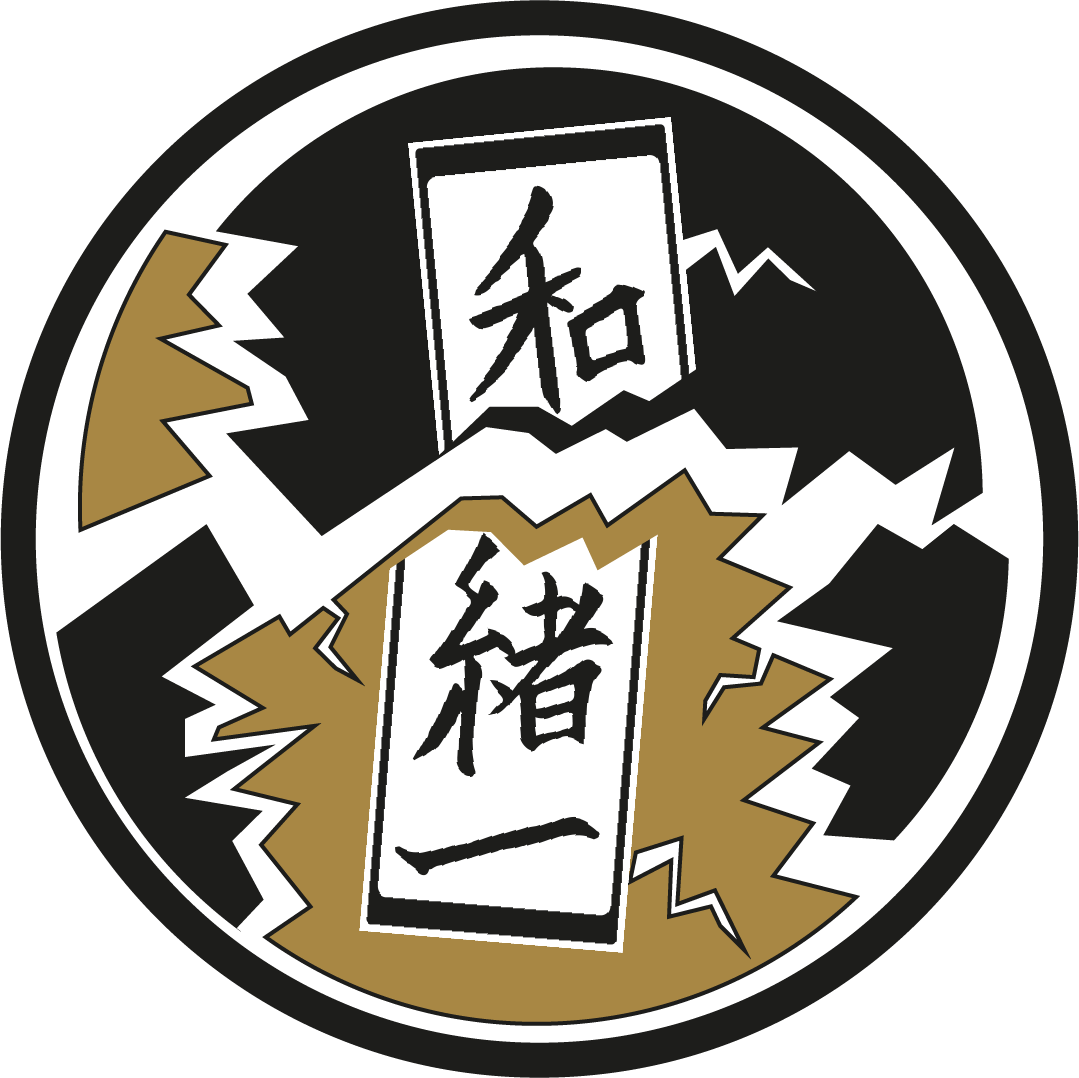Wasei-eigo: Salaryman Defending Himself
© Reuters
Sometimes wasei-eigo 和製英語 (Japanese made English) even finds its way ‘back’ to English. Maybe the most famous example of this phenomena is sararīman サラリーマン. If you hear sararīman for the first time, you might imagine someone very rich, who solely defines himself through his salary. This term would translate into English as a ‘full-time office worker’, though, who isn’t necessarily rich at all. Because being a sararīman サラリーマン is very often accompanied by certain attributes, such as long working hours, a suit or lifelong loyalty to the company, this expression was able to carve out its own space in the English language. Thus, sararīman then became ‘salaryman’. In this way users of language know instantly that you’re talking about Japanese office workers and not some businessmen in general. Originally sararīman was based on the concept of a salary-making man as an accomplished businessman, a definition of success.
Written by Jannick Scherrer

